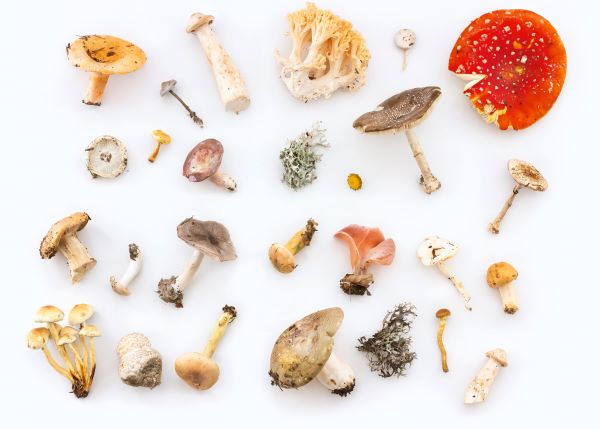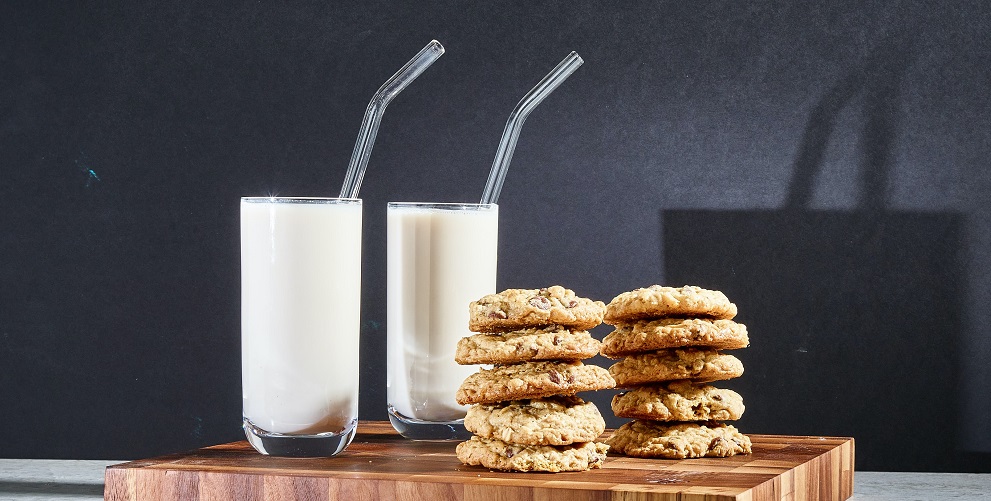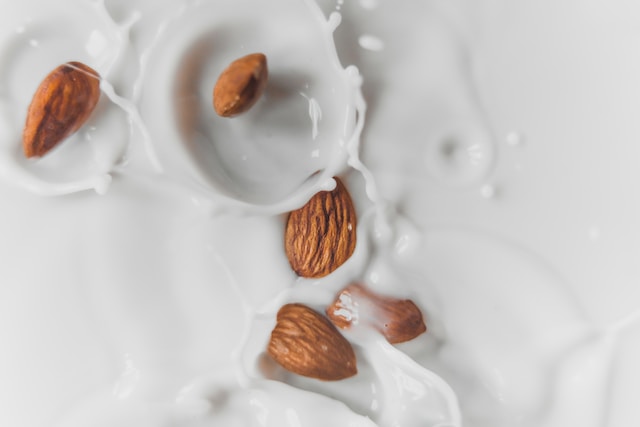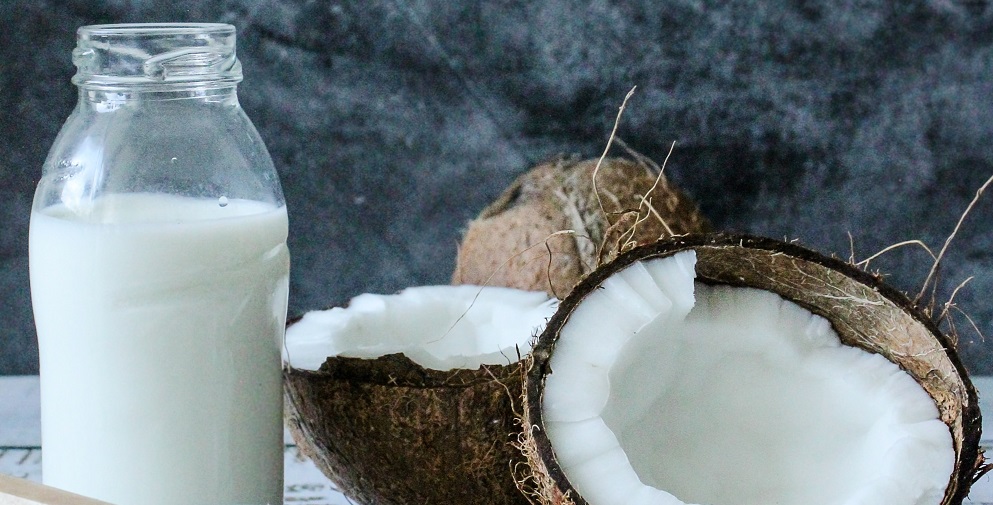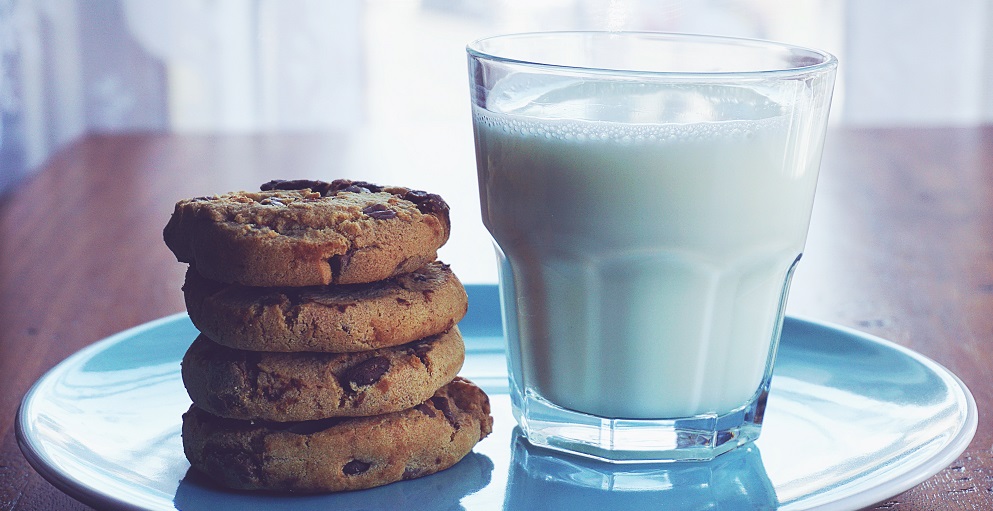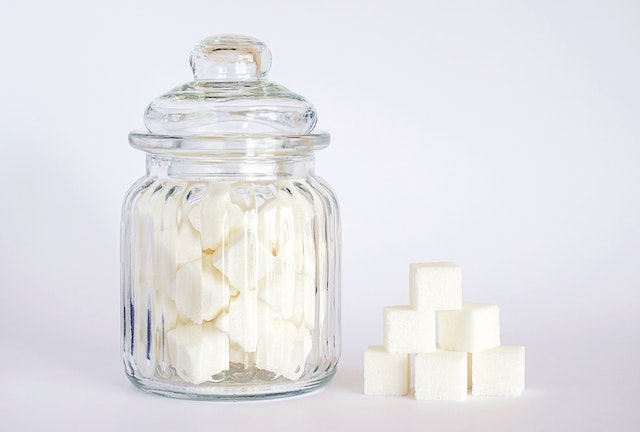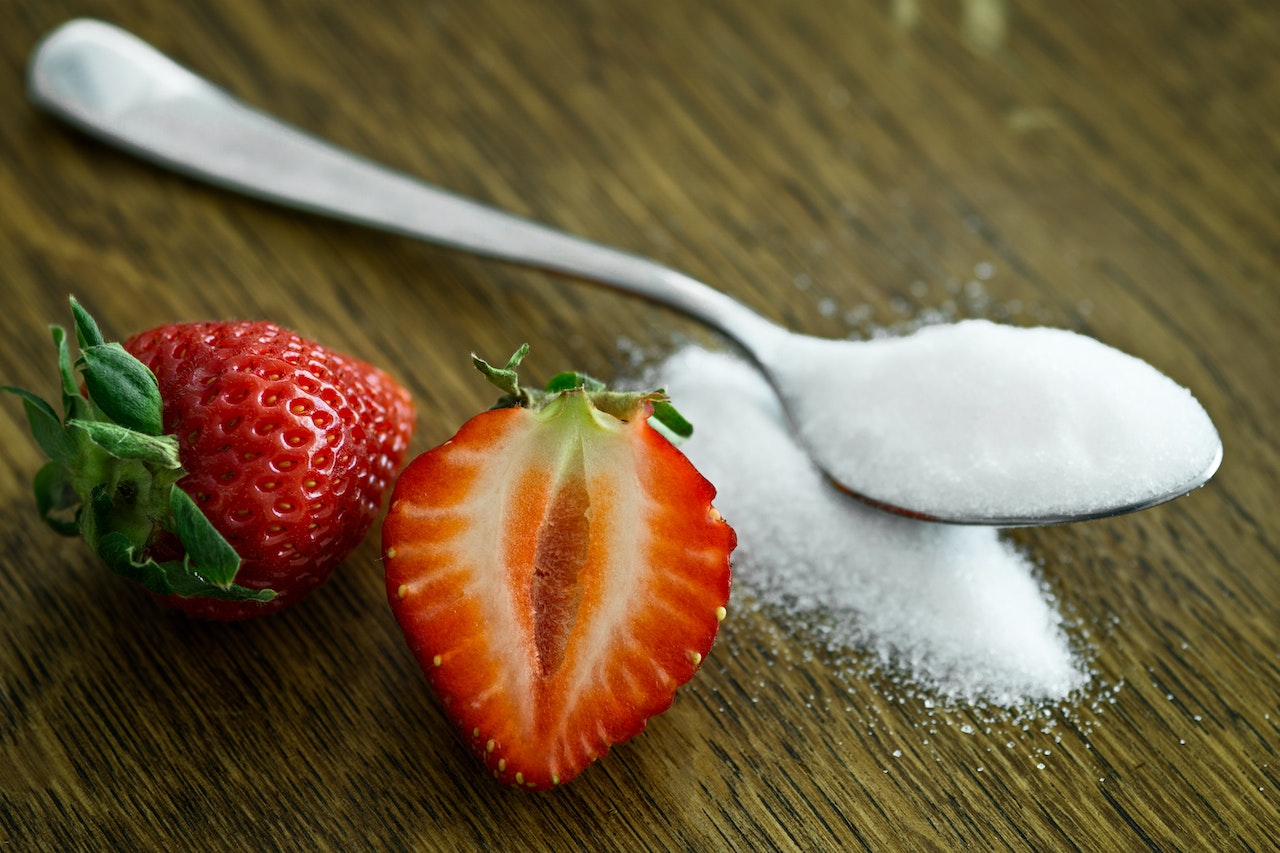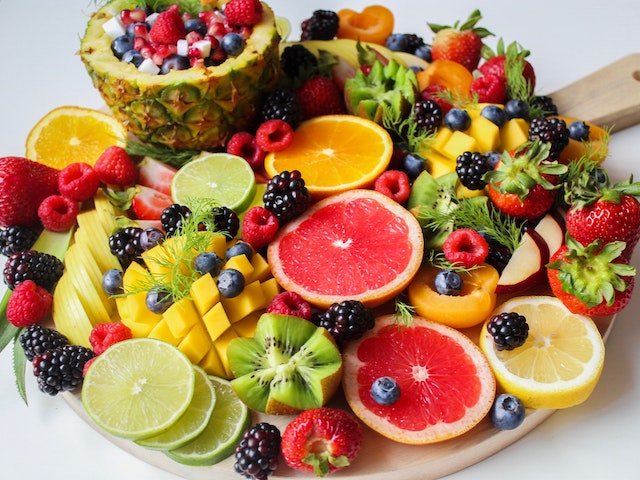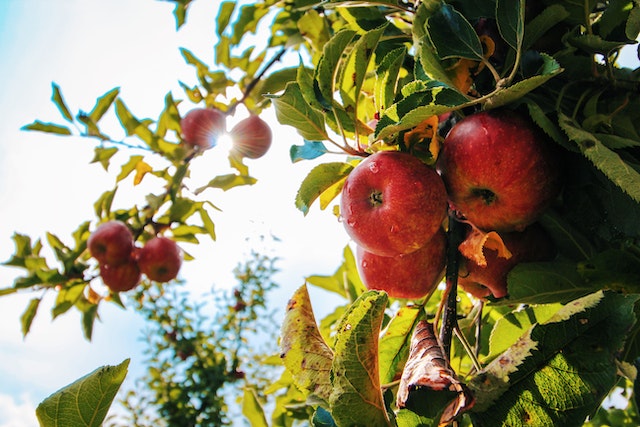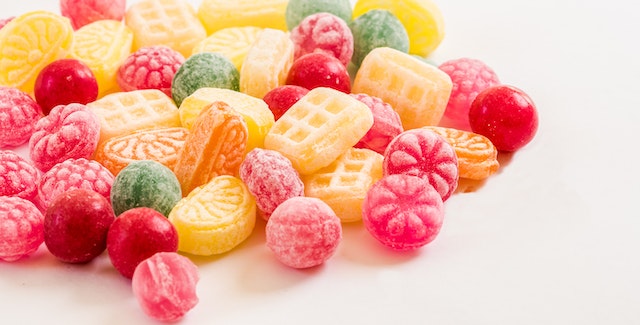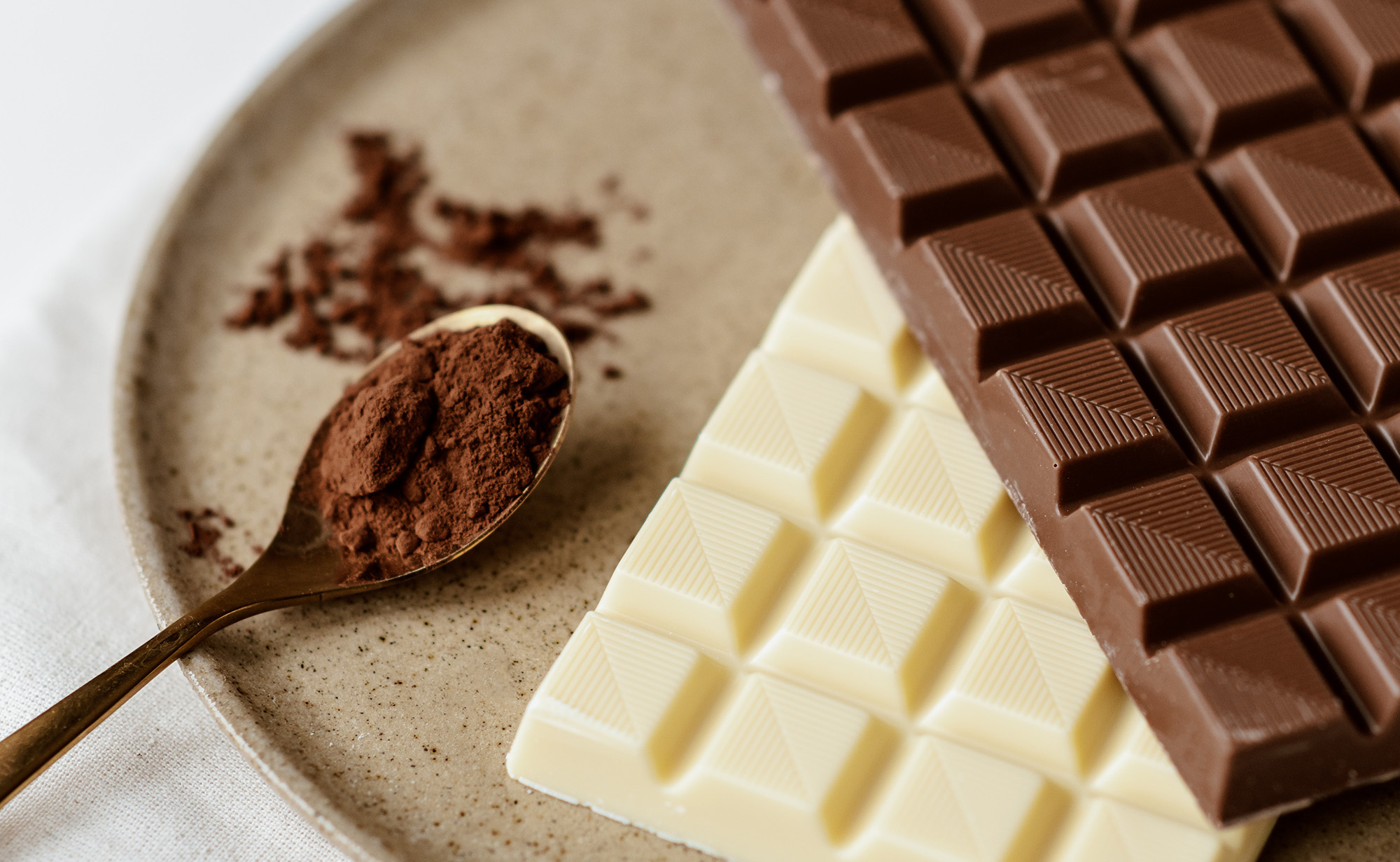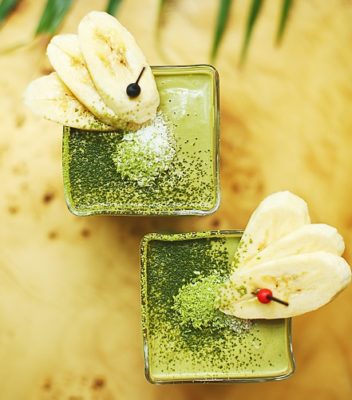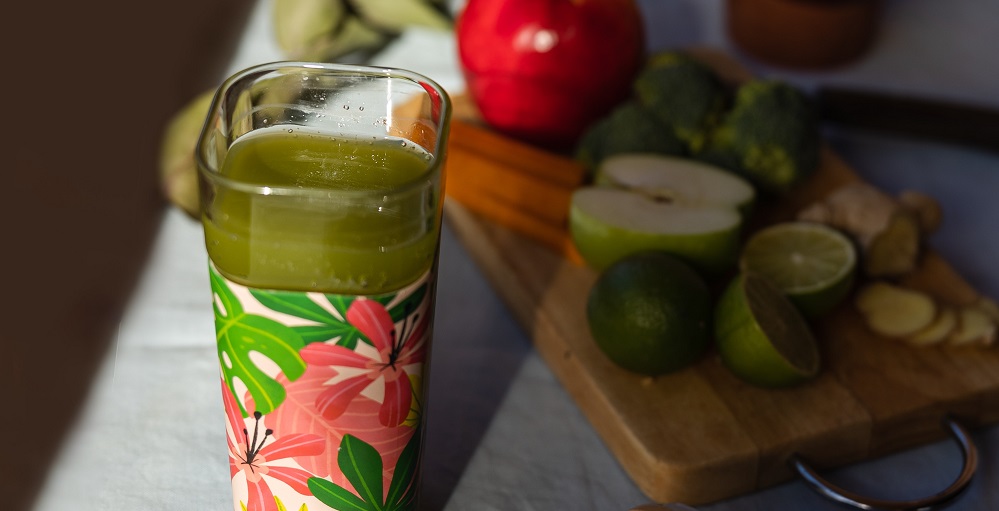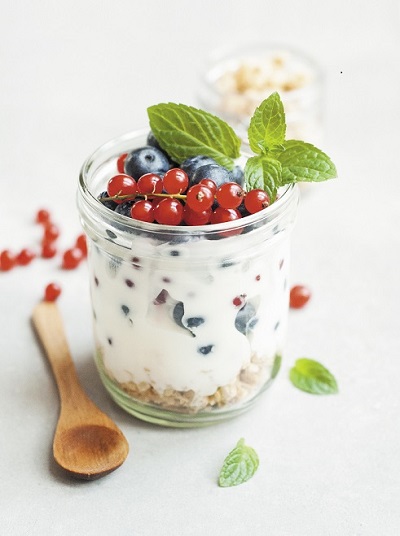Intuitive eating is one of those weight-loss fads people swear by, but is it actually effective? Like so many weight loss methods floating around out there, it may work for you or it may not. I know, that’s so noncommittal. But let me explain.
Intuitive eating isn’t a diet. It’s a method of eating that gives its users a great degree of freedom of what and how much they eat. Some people experience success with intuitive eating and are able to use the technique to lose excess weight. But unfortunately, not everyone responds well to this dietary strategy. In fact, it can cause some people to gain even more weight!
So how can you tell if intuitive eating is a good strategy for you to try, or if it will cause you to fall back even further on your weight-loss journey? While you won’t know for sure unless you try it, here are a few indications that intuitive eating might not work for you (even if it worked for your sister, best friend, or cousin Harry).
Understanding How Intuitive Eating Works
Before we dive into the pros and cons of intuitive eating, let’s review what it is and what it isn’t, shall we? Intuitive eating is a pretty simple idea, and its main principles were developed in 1995 by two dietitians (Evelyn Tribole and Elyse Resch).
The main idea behind this type of eating is to come to peaceful terms with all different types of foods. You’re not supposed to refer to any foods as bad or off-limits when you adopt this way of eating. Instead, you do the following:
Listen to your body and consume what feels right in the moment
Eat when you’re hungry and stop eating when you’re full
Select foods that make your mind and body feel good while satisfying your health needs
Respect your emotions and seek treatment for them instead of engaging in emotional eating
Some people may lose weight with this eating strategy, but many others may not. Here are a few indications you may not want to try intuitive eating.
Indications Intuitive Eating May Not Be Right for You
Here are a few indications that intuitive eating may not work for your situation:
You have certain health conditions, such as high blood pressure and diabetes. Consult with your doctor to see if there are certain foods you should add or cut out of your diet completely.
You don’t know how to recognize your body’s hunger or satiety signals. Eating intuitively sounds great in theory, but what if you don’t trust your body’s intuition? For some people, counting calories is a more reliable way to avoid overeating (or undereating).
You have a hard time losing weight. If you already struggle to lose weight, you may plateau or even gain weight by eating intuitively. Some people have higher ghrelin levels than others (that’s the hormone that triggers hunger), and they’re more likely to gain weight if they always eat until they’re full. For people like this, tracking calorie and macro intakes is essential for weight-loss success.
You’re addicted to sugar. Yes, science shows that it’s possible to become addicted to sugar. And if you follow the intuitive eating mindset, you can eat sugar if you really want it. As you can imagine, this can lead to over-indulgence for people whose relationship with sugar is out of control. It’s generally best to stay away from sugar or severely limit it in your diet rather than allow yourself to eat it “intuitively.”
So there you have it. If any of the above bullet points sound like you, intuitive eating may be something you want to skip (especially if you are trying to lose weight).



